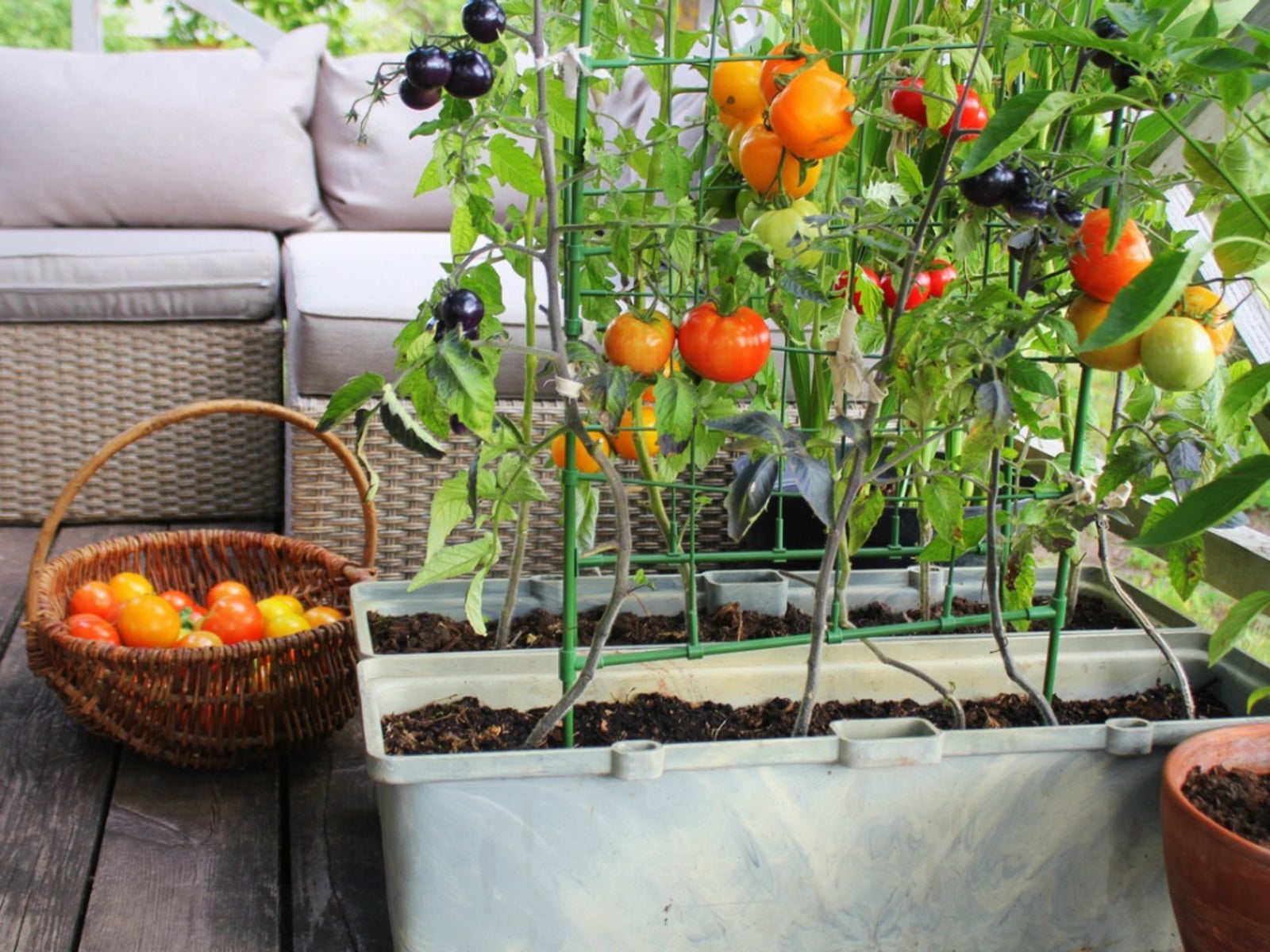
Sign up for the Gardening Know How newsletter today and receive a free copy of our e-book "How to Grow Delicious Tomatoes".
You are now subscribed
Your newsletter sign-up was successful
A Pacific Northwest gardener has it pretty good. While the growing season isn’t particularly long, many areas of the region have mild spring temperatures so plants can be started early and periods of hot, dry weather are relatively short. This means that even if you lack an outdoor space for gardening, a container garden is more than possible, although some potted vegetable in the Northwest do better than others. If you’re new to container gardening you might be wondering what Pacific Northwest vegetables do best in planters or containers.
Types of Pacific Northwest Vegetables to grow in Containers
Some veggies do better grown in containers than others. You want to take not only this in account but also select tried and true Pacific Northwest vegetable. For instance, eggplant does not generally do well in the Northwest but all of the Brassicas thrive. That said, a broccoli or cauliflower plant is generally too large to grow in a container but cabbage, kale and collard greens would do very well.
Other vegetable to grow in planters? Peppers, tomatoes, salad greens, kale, arugula, radish, green onion, carrots, beets, and even onions are all good vegetables to grow in containers.
Container gardens lend themselves well to vertical gardening techniques so plan on planting beans, peas, snap peas, summer squash and cucumbers.
About Growing Potted Vegetables in the Northwest
Before starting a container garden there are a few other things besides what type of crops to grow to consider. Decide on what types of pots or planters you will be using. Plastic is the least expensive but isn’t always the nicest looking. They are however very light, as are the newer resin material containers.
Clay is a bit more costly but blends into the landscape better. It is a porous material having the benefit of allowing air to move through the pot, but it also leaches water more rapidly.
Soil Matters
Look for soil that’s light-weight, drains well, yet still holds moisture, such as an organic potting soil without added fertilizer; add fertilizer yourself as the plants need it. If you’re using pots that have old soil in them, either replace it or rework it to aerate the soil, remove any old roots, and then add some compost and a bit of organic fertilizer, and mix in well.
Sign up for the Gardening Know How newsletter today and receive a free copy of our e-book "How to Grow Delicious Tomatoes".
Provide a trellis or other support for climbers, such as cucumbers, and put a saucer under pots to protect the floor surface and to aid in retaining moisture.
When to Plant What
- Plant Asian greens, kale, arugula, lettuce, beets and radishes in February to March, depending upon the weather in your region. Pay attention to the last frost free date for your area.
- By March, most areas can plant carrots, peas and onions. Start tomato and squash plants inside the end of March to mid-April for later transplant outdoors in your container garden. Start times vary region to region.
- By May into June, temperatures will be warm enough in the Pacific Northwest to set out warm season veggies like tomatoes, peppers and cucumbers.
Some vegetables such as green onion or radish can be planted successively for a continual harvest through the growing season. Also, while not a vegetable, plan on planting some herbs in your container garden to flavor those veggies.

Amy Grant has been gardening for 30 years and writing for 15. A professional chef and caterer, Amy's area of expertise is culinary gardening.
